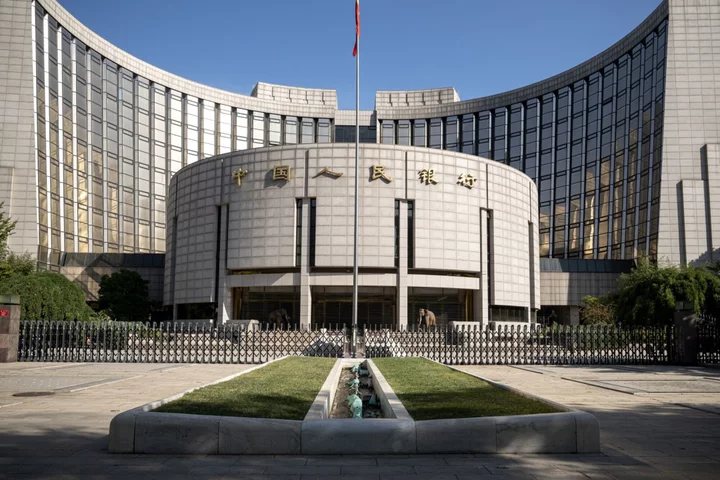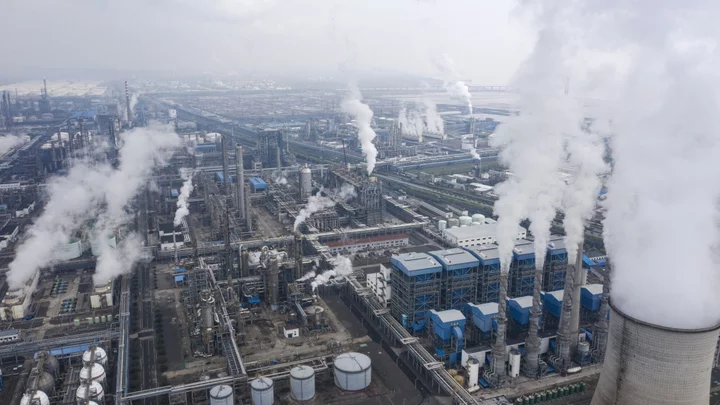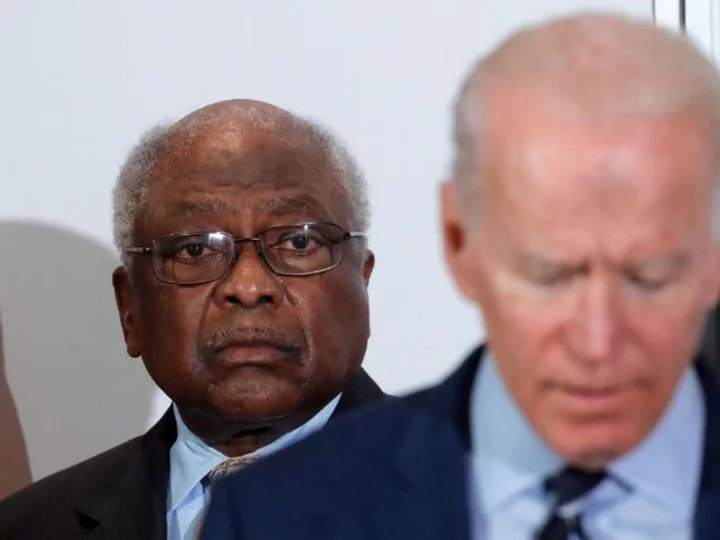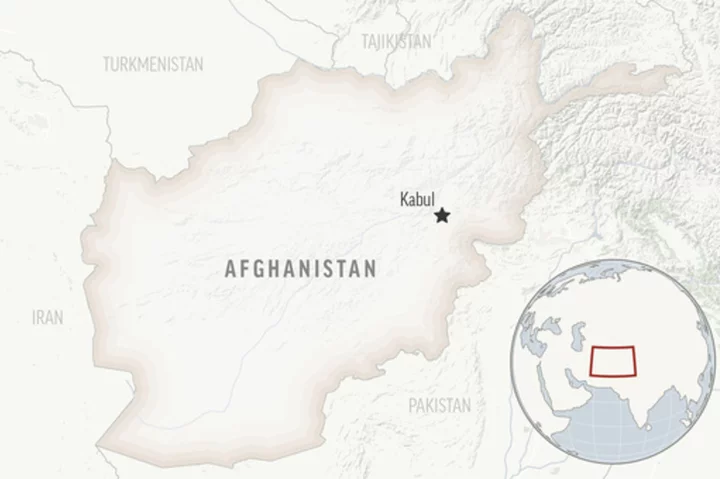China’s central bank foreshadowed a slowdown in credit extension while pledging it would press banks to lower their real lending rates, amid concerns that sluggish borrowing demand has weakened the effect of monetary easing.
The People’s Bank of China highlighted the changing structure of lending and called on observers to look beyond the volume of new loans, in its third-quarter monetary policy report published Monday. New loans are rapidly flowing into strategic sectors such as technology and manufacturing, while lending to property and local governments’ financing platforms is slowing, the PBOC said.
“Credit growth may slow from its previous expansion pace,” Zheshang Securities economists, including Li Chao, said in a report Tuesday. “China has kept the pace of credit expansion at above 10% in the past few years, and there’s now a possibility it will fall below 10% going forward.”
The signal is in line with the PBOC’s guidance for banks to cap the amount of new loans they issue in early 2024 and shift some forward to this year, which was reported by Bloomberg News earlier. It underscores a shifting priority to improving the efficiency and structure of loans from simply boosting credit growth.
The expansion of aggregate financing — a broad measure of credit — has struggled to pick up this year as it hovers around a historical low of about 9% year-on-year growth. Borrowing demand is weighed by an ongoing property crisis as well as Beijing’s effort to clean up so-called hidden debt among localities — including replacing some of it with government bonds.
The PBOC also vowed to guide deposit rates to adjust according to market conditions as it pledged to lower real lending rates. Chinese banks have been confronted with shrinking profit margins that have left them wary of reducing their lending rates unless they can also cut the rates paid out on savings.
This points to a chance that deposit and lending rates may be lowered simultaneously, China International Capital Corp Ltd. analysts, including Zhou Peng, wrote in a report Tuesday. Economists expect the PBOC to wait until early next year to lower policy rates after two cuts this year, according to a recent Bloomberg survey.
That’ll help lower inflation-adjusted borrowing costs, as economists have pointed out that the economy’s debt burden in price-adjusted terms has stayed elevated because of deflation. The world’s second-largest economy has been faced with deepening deflation pressures, in sharp contrast with much of the developed world, in recent months.
Consumer price changes dipped back below zero in October, while a weak labor market is adding to economic challenges. At the same time, the central bank has only cut policy rates moderately — by a total of 25 basis points this year — raising concerns that inflation-adjusted borrowing costs stayed elevated.
The PBOC played down concerns about deflation in its report. The consumer price index has been flat lately mainly thanks to a high base of comparison in pork prices last year, the PBOC said. Momentum is building for prices to rise again, according to the central bank, which anticipates that inflation readings will return to normal after keeping at a low level in the near term.
The central bank also called on observers not read too much into single-month credit data, adding that it will guide banks to coordinate their lending so as to smooth out volatility in credit growth between year-end and the start of the year. Banks typically ramp up lending activity soon after the turn of the calendar year.
Read More: China’s Credit Growth Still Weak in October With Low Loan Demand
Other highlights of the report:
- The PBOC said there’s greater urgency to accelerate the economic model’s transition, as “debt-driven growth” is increasingly inefficient and the supply and demand relationship in the property sector has shifted
- Reiterated monetary policy will be prudent, targeted and forceful
- Reaffirmed that counter-cyclical policy adjustments will be made, a term usually implying potential easing steps during economic downturns
- Vowed to support the government’s bond issuance by pushing for more companies and households to hold sovereign bonds
--With assistance from Evelyn Yu.
(Updates with additional details throughout.)









